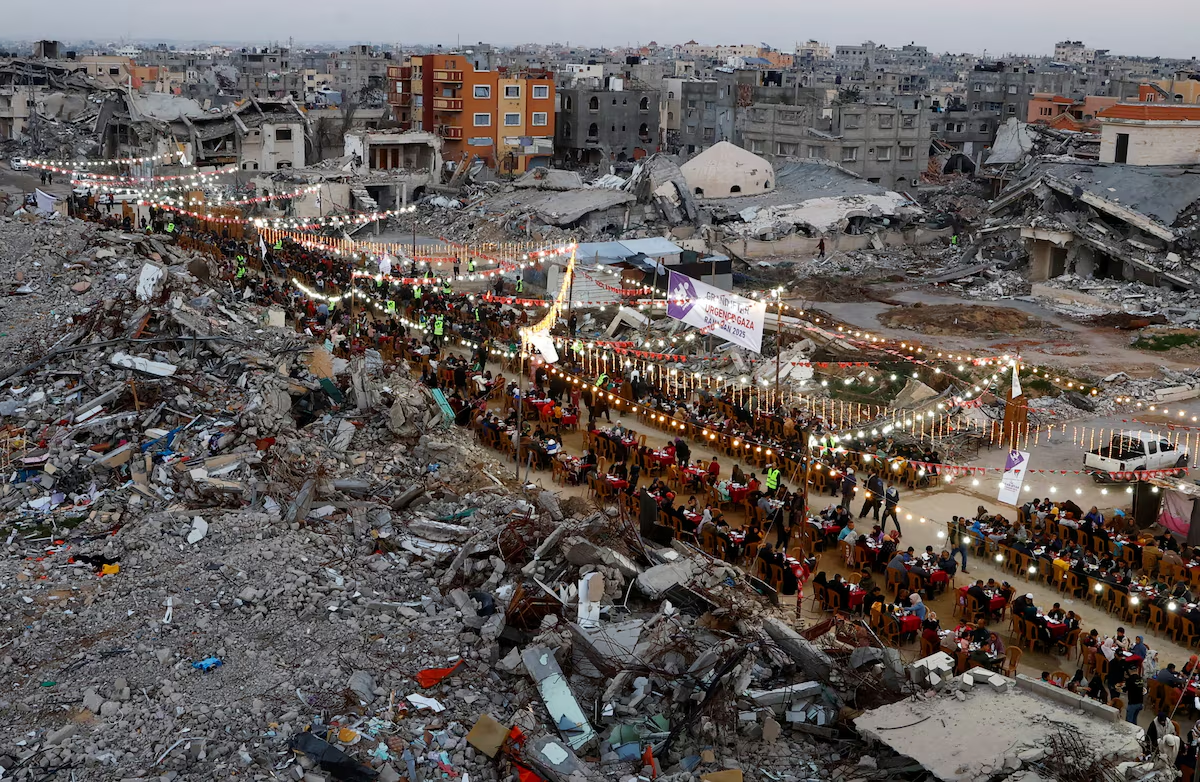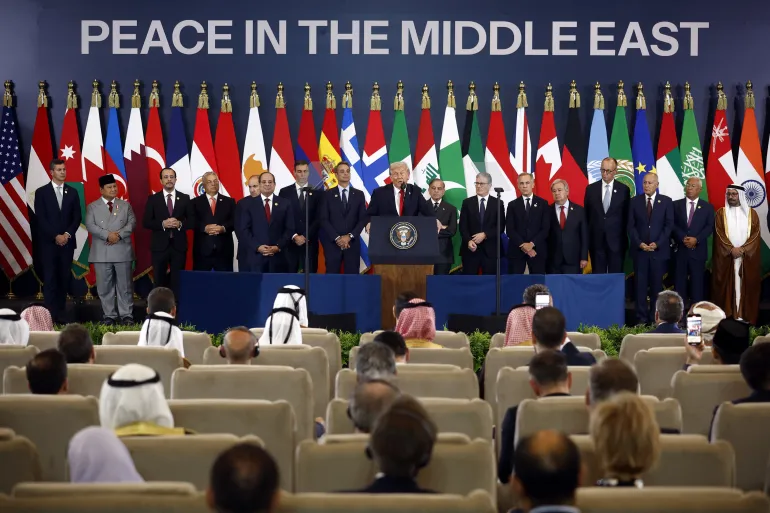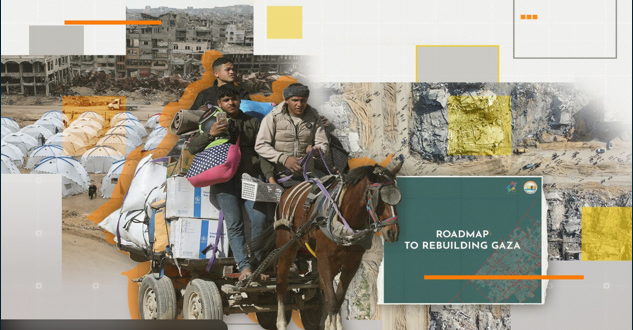A Diplomatic Drive for Post-Ceasefire Stability
France and Britain, in close coordination with the United States, are leading efforts to finalize a United Nations Security Council resolution that would authorize the creation of an international stabilization force in Gaza. The initiative follows weeks of fragile calm after the latest Israel–Hamas ceasefire, mediated by Washington, and aims to prevent a relapse into violence while supporting humanitarian recovery in the war-torn enclave. French Foreign Ministry spokesperson Pascal Confavreux confirmed that talks are “progressing intensively,” stressing the need for a clear UN mandate to ensure legitimacy and attract broad international participation.
Building Consensus with Allies

Diplomatic discussions are centered in Paris, where European and Arab representatives met earlier this month to explore post-war governance models for Gaza. According to diplomats, the proposed force would differ from a traditional UN peacekeeping mission — it would not be financed or operated directly by the UN but rather authorized by a Security Council resolution allowing participating nations to “take all necessary measures.” This formula mirrors the mandate used in the 2023 Haiti security operation, giving the mission legal cover while maintaining operational flexibility. British Prime Minister Keir Starmer told Parliament that “the stabilisation force will take some time to form” and that its exact scope and rules of engagement are still under negotiation.
The United States and Regional Cooperation
Washington’s role is primarily strategic and logistical. Senior U.S. advisers confirmed that a small number of American troops — currently around two dozen — are already deployed in coordination and oversight roles to help shape the prospective mission. The Biden administration is consulting regional partners including Indonesia, Egypt, the United Arab Emirates, Qatar, and Azerbaijan about troop or resource contributions. Italy has also indicated willingness to participate. The objective, U.S. officials say, is to build a coalition that combines Arab legitimacy with Western technical and financial backing — a balance intended to reassure both Israel and Palestinian authorities that the force is neutral and stabilizing rather than occupying.

Indonesia’s Bold Offer
One of the most striking developments came from Indonesia. President Prabowo Subianto announced before the UN General Assembly in late September that his country was prepared to deploy 20,000 troops to Gaza once a UN resolution is adopted. Such a deployment would make Indonesia — the world’s largest Muslim-majority nation — a central player in enforcing peace and rebuilding Gaza’s shattered infrastructure. Jakarta’s proposal has been welcomed by European officials as a sign of the Global South’s willingness to take tangible responsibility in Middle East stabilization. Analysts note that Indonesia’s participation could also help mend trust between Western powers and Muslim nations after years of skepticism over neutrality in the Israeli-Palestinian conflict.
A Fragile Path Toward Peace
Despite these encouraging moves, significant challenges remain. The envisioned stabilization force would enter an environment of deep physical devastation and political uncertainty. Gaza’s infrastructure has been crippled by successive conflicts, with hospitals, utilities, and housing in ruins. While Israel has agreed in principle to the presence of an international mission, questions persist about how security coordination would work with Israeli forces and the Palestinian Authority. Moreover, Hamas’ future role — if any — in post-war governance remains unresolved. Without a unified Palestinian political structure, experts warn, even a well-intentioned multinational force could struggle to sustain peace beyond the immediate crisis.
Broader Political Context

The push for a Gaza force comes as the UN General Assembly recently passed, by overwhelming majority, a declaration endorsing renewed efforts toward a two-state solution. The declaration also backed the concept of a temporary international mission to pave the way for long-term political negotiations. For Paris and London, this initiative is part of a broader European attempt to reassert diplomatic influence in the Middle East after years of American dominance. Both nations see the Gaza stabilization mission as an opportunity to demonstrate that multilateral cooperation can still work in an era marked by skepticism toward global institutions.
Looking Ahead
As France and Britain prepare to present their draft resolution to the Security Council, attention will focus on whether China and Russia — both permanent members — will support or abstain. Western diplomats hope that a unified vote would send a strong signal of consensus to the region. If approved, the mission could deploy within months under a hybrid command structure involving UN oversight and regional leadership. For the people of Gaza, still living among rubble and displacement, the proposal offers a glimmer of hope that international engagement may finally bring stability after decades of cyclical war.
















